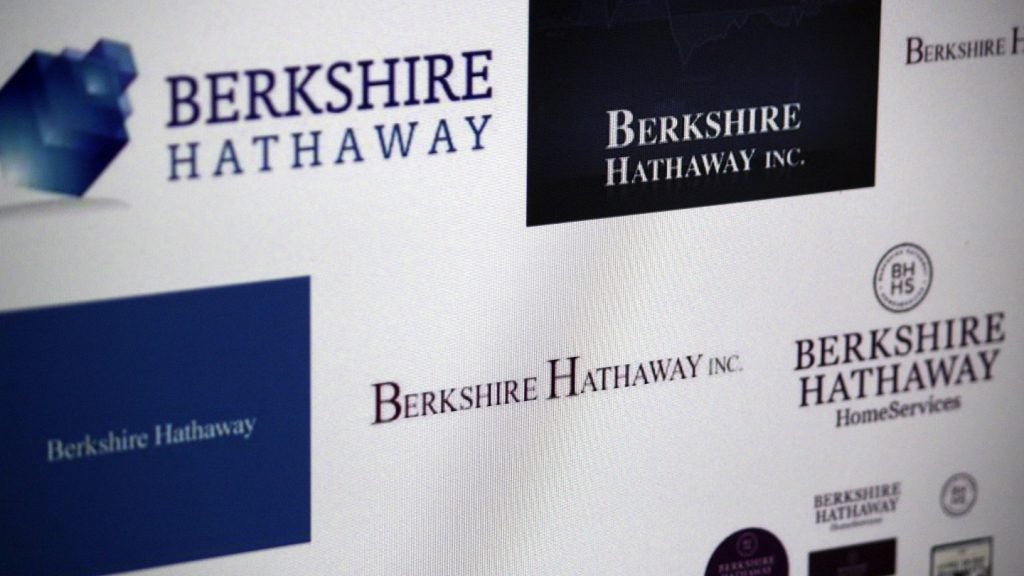For US Baby Boomers, investing for
retirement used to be all about high returns. The financial crisis
changed that. Now, by a margin of almost four to one, Baby Boomers
want the certainty guarantees afford their retirement savings.
This is revealed by a study
undertaken by Allianz Life Insurance Company of North America
(Allianz Life) and reinforces a similar finding as the Reclaiming
the Future study undertaken in 2010.
Specifically, in the latest study,
when asked which is more attractive – a financial product providing
4% return that is guaranteed not to lose value or one with 8%
return that is subject to market risk and loss of principal – 76%
of Baby Boomers chose the guaranteed product, nearly identical to
the 80% of respondents in 2010.
The first study was undertaken in
May 2010 while the 2011 study was conducted in March – the time the
US equity market reached its highest level in two years.
Allianz Life president and CEO Gary
C Bhojwani commented: “Despite a significant rebound in the equity
market since the financial crisis, this new study confirms that a
new normal mindset has dug deep roots in the minds of boomers.
“With the vast majority still in
favour of more security for their savings, boomers tell us they are
not interested in going back to return-chasing behaviours.”
How well do you really know your competitors?
Access the most comprehensive Company Profiles on the market, powered by GlobalData. Save hours of research. Gain competitive edge.

Thank you!
Your download email will arrive shortly
Not ready to buy yet? Download a free sample
We are confident about the unique quality of our Company Profiles. However, we want you to make the most beneficial decision for your business, so we offer a free sample that you can download by submitting the below form
By GlobalDataThe 2011 study also found that the
level of pessimism towards retirement reflected in the 2010 study
had not altered. More than a third (35%) of respondents in both
2010 and 2011 said that, financially speaking, they feel totally
unprepared for retirement.
A nearly equal number in each year
(37% in 2010 and 38% in 2011) said they had no idea if their income
will last throughout their lifetime. In both years, half of
respondents noted that they are extremely concerned about possibly
outliving their income.
Concern has sparked an increase in
the desire to seek professional advice, although this has yet to be
translated into action by most Baby Boomers.
Allianz Life found that while the
percentage of Baby Boomers currently working with financial
professionals increased slightly from 26% in 2010 to 27% in 2011,
those who said they are receptive to working with one increased
from 29% in 2010 to 32% in 2011. Those that said they were not
receptive decreased from 25% in 2010 to 21% in 2011.
In terms of what type of guidance
they want from their financial professional, Allianz Life found
that Baby Boomers were increasingly looking to “create more safety
and guarantees in my nest egg” (25% in 2010 and 31% in 2011) and
“understand the big picture for me financially” (29% in 2010 and
37% in 2011).
What had also changed between 2010
and 2011 was the expected age at retirement. In 2010 the average
age of expected retirement was 63. Only one year later and the
average age had jumped to 66.5.
However, what is planned in terms of retirement age and what
actually transpires is not always the same thing. According to a
study by consultancy McKinsey & Company
Cracking the Consumer Retirement Code, two in five people
in the US are forced to retire earlier than planned due to a number
of factors, including layoffs or illness.







